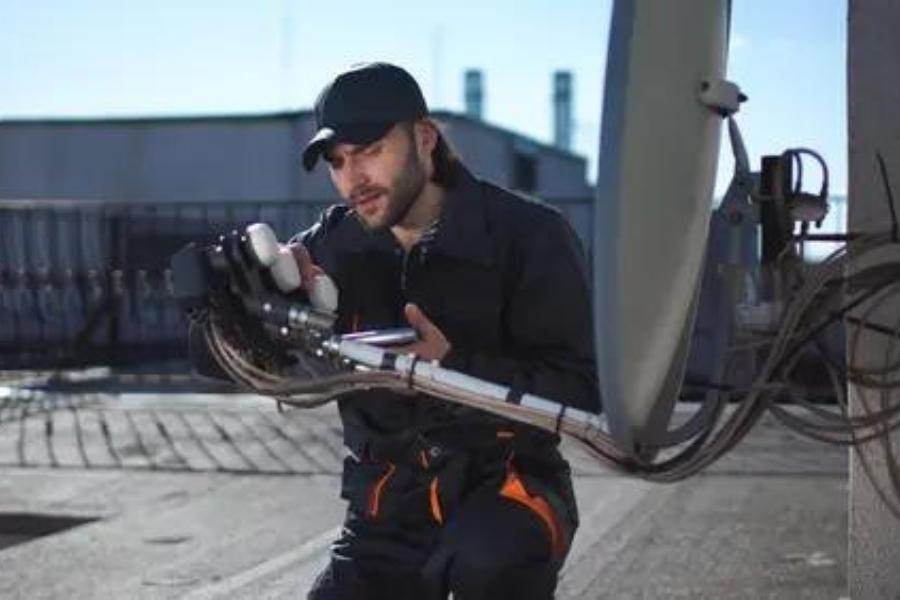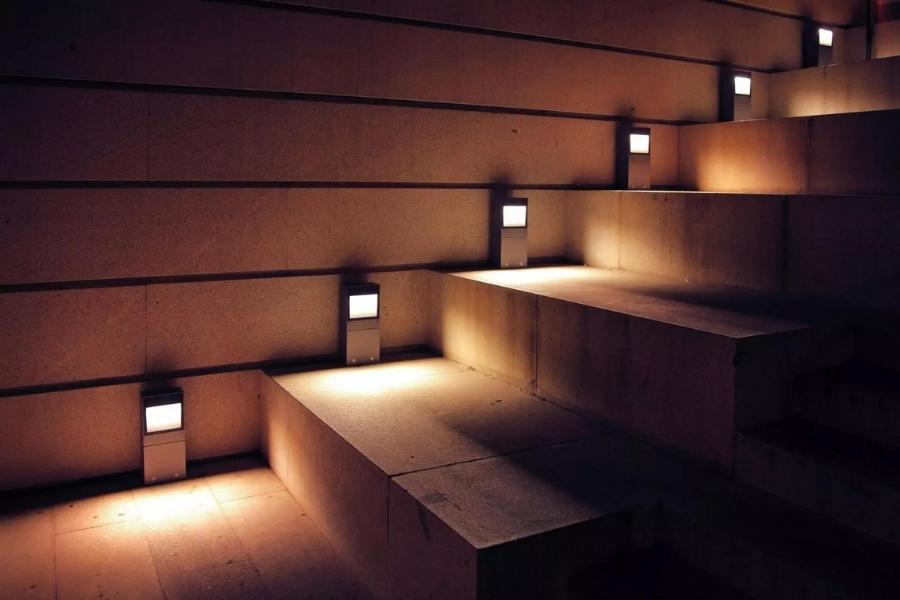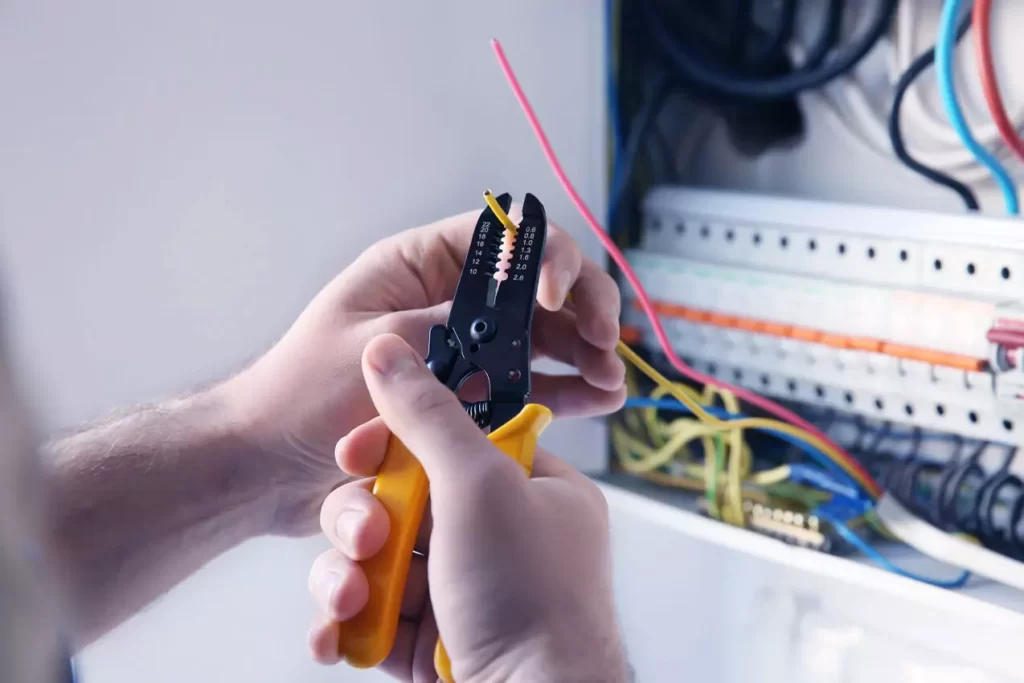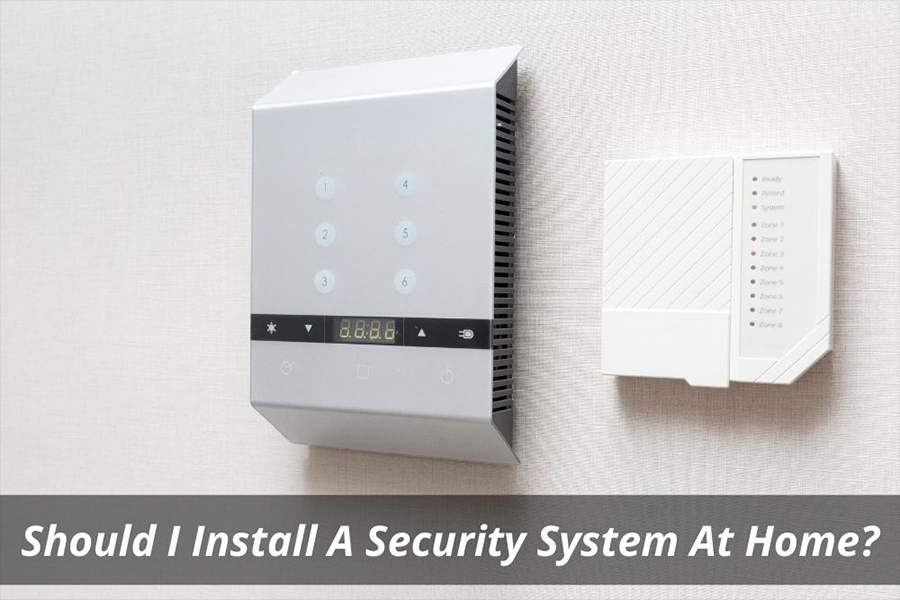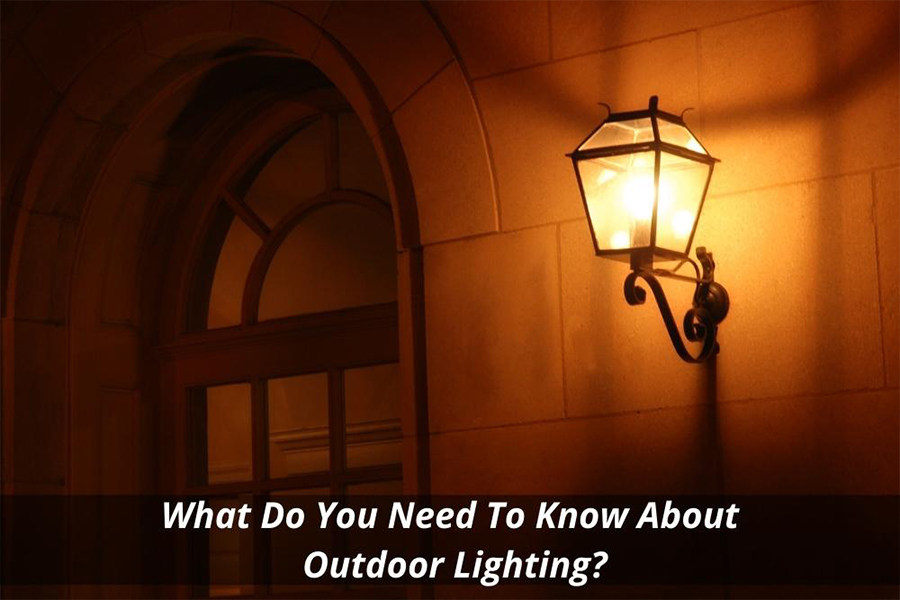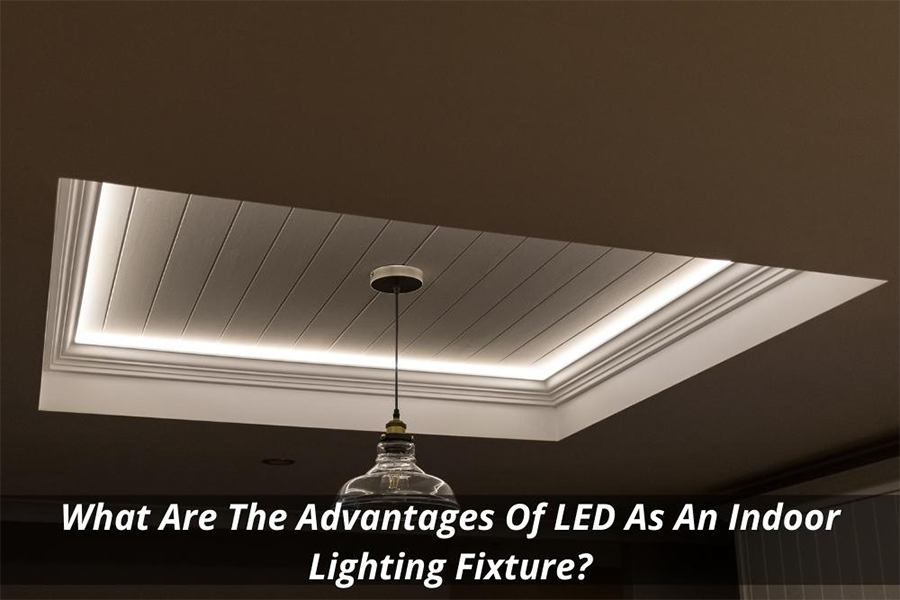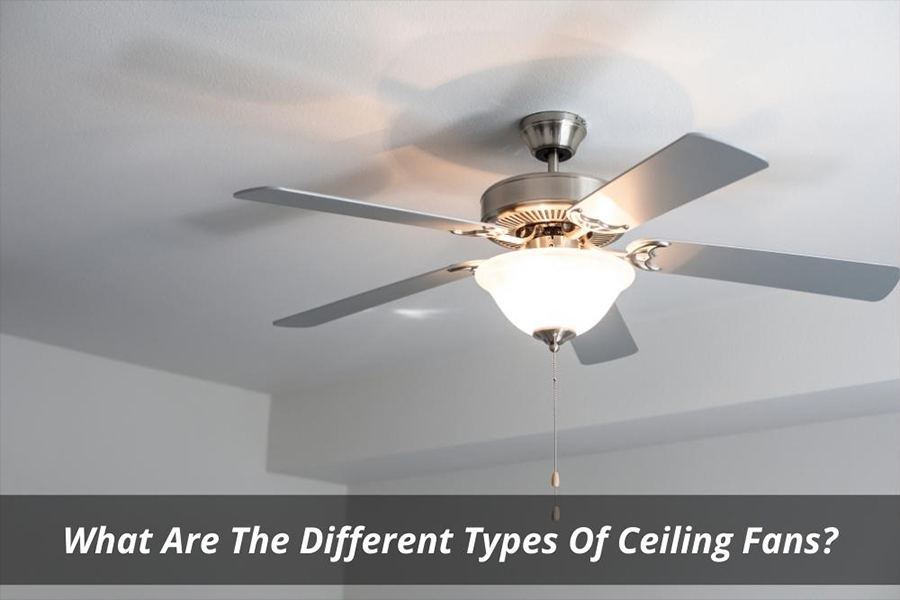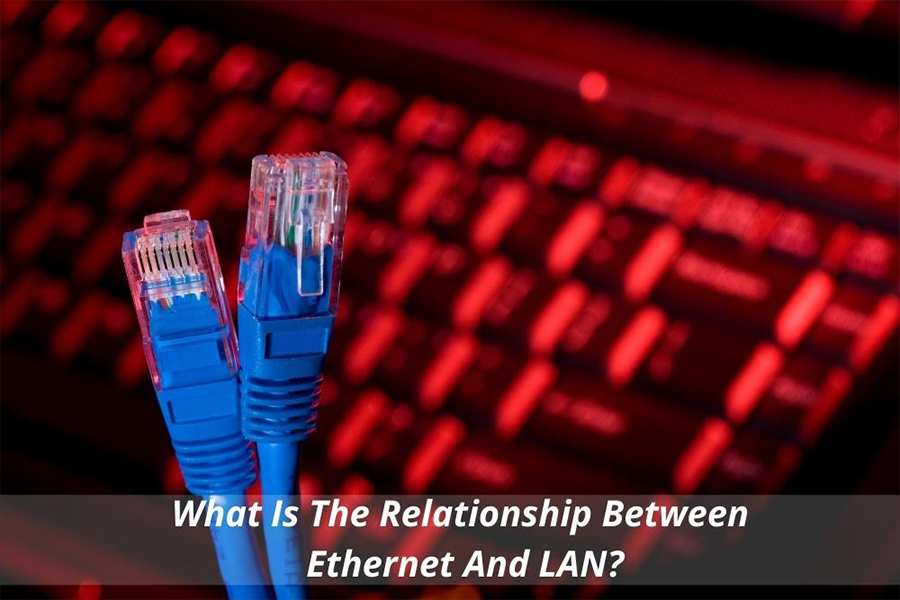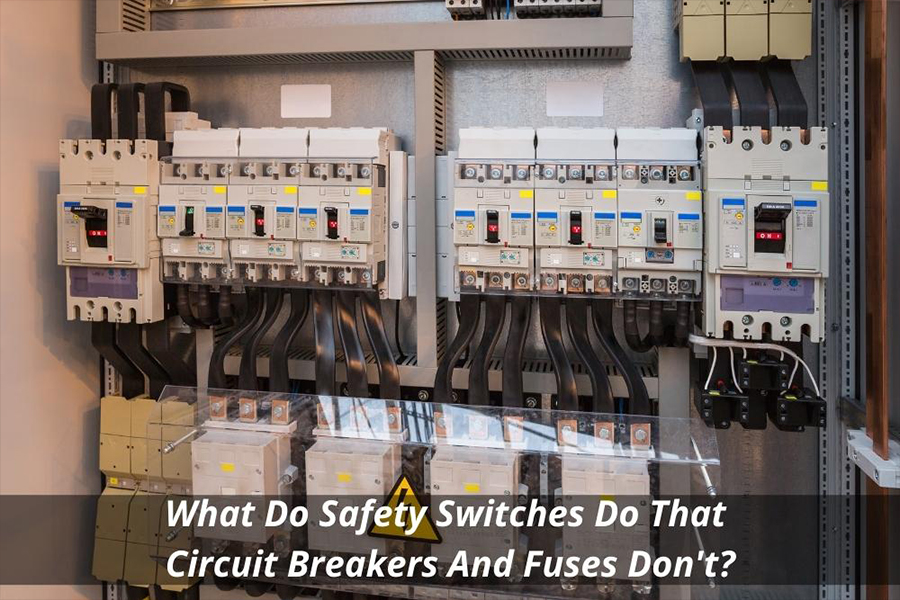TV ANTENNA INSTALLATION IN YOUR HOME
Always ensure you do your research before having your antenna installed and ensure you choose a company with experience. It’s worth spending a bit more time in the first instance to ensure the installation is done right.
You need an electrical license before you can do any electrical wiring work in NSW, regardless of the cost of the work and regardless of whether the work is residential, commercial or industrial.
Electrical wiring work means the actual physical work of installing, repairing, altering, removing or adding to an electrical installation or supervising that work.
An electrical installation means any fixed appliances, wires, fittings, meters, apparatus or other electrical equipment used for (or related to) conveying, measuring, controlling and using electricity in a particular place. It does not include:
- any electrical equipment (other than a meter) used, or intended to be used, to generate, transmit or distribute electricity that is:
- owned or used by an electricity supply authority, or
- located at a place that is owned or occupied by such an authority
- any electrical article connected to, and extending or situated beyond, any electrical outlet socket
- any electrical equipment in or around a mine
- any electrical equipment operating at not more than 50 volts alternating current or 120 volts ripple-free direct current
- any other electrical equipment, or class of electrical equipment, prescribed by the regulations.
- To learn more about what is considered electrical wiring work or an electrical installation, see the definitions used in NSW laws. For licensing purposes, electrical wiring work is defined in schedule 1 of the Home Building Act 1989 as having the same meaning as it has in the Gas and Electricity (Consumer Safety) Act 2017.
- Also refer to the Australian/New Zealand Wiring Rules called AS/NZS 3000:2018, Electrical Installations, published jointly by Standards Australia and Standards New Zealand.
When choosing the antenna for your television, antenna installation is important. Consider antenna types, as well as digital antenna installations. Make sure that you choose a technician who understands your needs and the services you will be using. A poorly installed antenna can have a negative effect on your television signal quality and hence not provide you with that clear tv reception experience.
Getting a Qualified Technician
Getting a qualified expert to install the antenna is crucial as the installation must be performed safely. A licensed electrician knows how to handle electrical equipment and is certified in the proper installation of antennas. They also have a broad knowledge of the quality of the products that are available and which antenna options and designs best suit your needs and the home.
You have the assurance that the experts will ensure that the installation of the antenna is in the best position as they practice and have experience in installation procedures. To ensure you get optimum results they will determine and look into some major factors such as reduction in interference from obstructing buildings or trees. These factors are evaluated before the antenna is mounted and the antenna is positioned to give the home the best and clearest signal.
Warranty
Another thing to consider before choosing your installation company is to ensure that they have aftersales care and warranty. This is important in having parts replaced or having issues related to the installation resolved.
Antenna Types
There are two basic types of antennas: omnidirectional and directional.
An omnidirectional antenna picks up signals from all directions equally well; however, their gain is not adjustable. This means that they cannot be pointed in different directions to receive only certain channels based on their position within the city or region in which they live.
A Directional Antenna has a radius of around 45 to 90 degrees, focusing RF energy in a required direction and limiting connectivity to that particular area. This can help overcome interference and multipath, providing better and more structured coverage.
TV Antenna Boosters
TV Antenna Boosters assist with signal quality and signal power as digital TVs have these 2 main components. Signal power can be increased with a tv antenna booster, particularly because if you live in remote areas or have obstructing buildings and trees this may give you poor signal in that area.
The quality of the signal depends on where the antenna is positioned and the placement of the antenna on your roof. The higher the antenna is installed the better signal quality you will receive. Therefore, it is important to ensure the antenna is mounted correctly and at the right height and to ensure it is pointing towards the transmitter.

